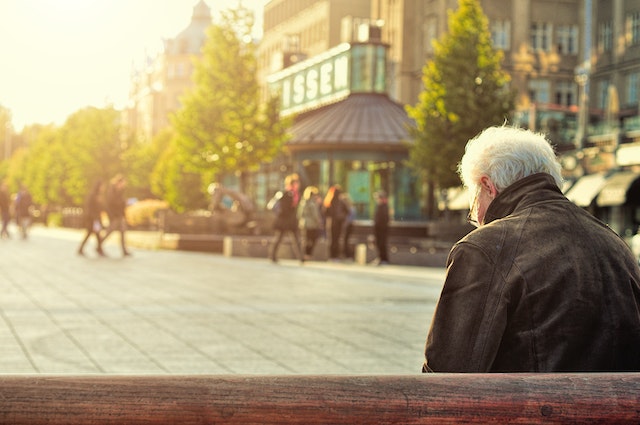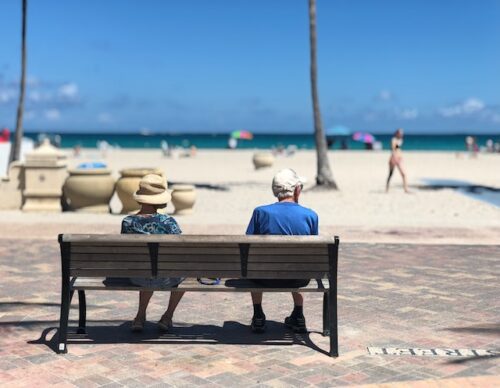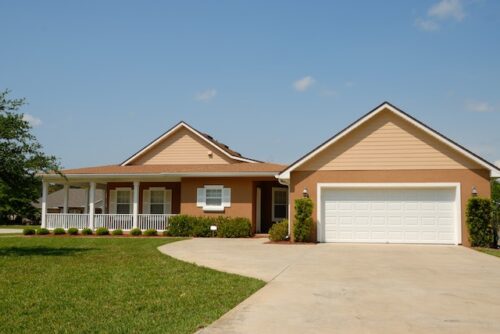Buying a house after retirement can be pretty tricky, as seniors typically have different needs compared to other homebuyers. As such, there are a lot of factors to consider before deciding which house you want. Additionally, as you grow older, your needs might also change. Because of this, your home will need to have specific properties to accommodate more changes.
All in all, choosing a house can be a tough decision. So, to help you out, we’ve put together a list of factors to consider when buying a house after retirement, and we hope you find it helpful.
Location becomes even more important
Location is essential when looking for a home, but it becomes even more so when buying a house after retirement. However, there are three main factors to consider – the first one being the proximity to family. With age, we become more reliant on the help of family members, so being close to them is crucial. Second, neighborhood crime rates; seniors are much more vulnerable when it comes to burglaries. As such, being in a safe neighborhood is vital. Lastly, proximity to doctors and hospitals; health issues tend to stack up with age, so being near help is something to consider seriously.
All in all, location is essential for seniors looking to buy a retirement house. Remember to consider all these things when looking for your home, and consider some tips to help senior citizens simplify their lives. Remember, every little bit helps in the long run.
-

The location of your retirement house is very important.
Take into consideration house maintenance
Maintaining your house is part of being a homeowner, but maintenance gets harder and more complicated with age. It can be tempting to buy a retirement home that is beautiful or large, but this is a terrible idea. Large houses require a lot of maintenance, and you likely won’t be able to do most of it yourself. As such, smaller homes are a much better idea for seniors. Properties that don’t take a lot of effort to maintain and, in turn, don’t cost too much to maintain if you hire help. Additionally, when it comes to moving into the home, experts from Fairfax Transfer and Storage note that seniors should only rely on the best of the best movers. After all, you won’t be able to help much during the moving process, even with the simple things. So, rely on experts to handle everything during the move.
Think about the household budget
In retirement, your income tends to get fixed, with no opportunities for reckless spending. As such, you must carefully consider your household budget to ensure you can keep up with everything. As a general rule of thumb, your housing costs shouldn’t be higher than 25% of your income. Picking out a house that fits this rule should be a priority. Otherwise, you might run into money issues.
Additionally, having a carefully figured out household budget will leave you some wiggle room for spending on yourself. For example, you should consider upgrading your bedding to ensure you sleep well. Take into account some tips for building the best year-round bedding set and ensure you don’t miss sleep. After all, proper sleep becomes even more critical as we go into our later years. So, having adequate bedding becomes very important in the long run.
-

You need to carefully consider your household budget before buying a house.
Consider the property type
When buying a house after retirement, you may want to consider the exact property type you want. Certain property types make seniors’ lives much easier in the long run. This is because they are much easier to maintain than a traditional home. Townhomes, patio homes, and condos, to name a few. That said, if you’re considering some of these types of homes, you might also have to make some compromises. But, the ease of maintenance is a massive bonus to any senior who wants to enjoy their retirement.
Additionally, certain seniors like to move out to a different state for this exact reason. For example, Northern Virginia is a particularly popular choice among retirees. And if you want to enjoy your golden years here, remember to pick out which of the best places in Northern Virginia for retirement is the right one for you. Fortunately, the area has plenty of senior-friendly places.
Home safety and security
We already briefly mentioned that safety is one of the main concerns seniors should think about when buying a house. However, this doesn’t only apply to burglars; the home itself should be safe for you. A house with many stairs or unlevel concrete on the sidewalk is a recipe for
disaster. Additionally, a bathroom without safety handles is another significant fall risk. High thresholds in the house are also something that should be avoided.
Overall, the house should be safe to live in to be a good retirement home. As such, you should consider a house with 100% main floor living to avoid stairs. Another good idea is to keep your home decluttered, as this will make it safer in general. Considering some household decluttering tips and hacks is a good call if you want to make it happen.
-

A safe home is vital if you want to retire in it.
Factors to consider when buying a house after retirement – closing thoughts
Safety is the main concern to keep in mind when looking for a retirement home. After all, ensuring that you’re safe in your own home as you age is vital for a sound retirement home. Of course, ensuring you don’t exceed your budget is also essential. Additionally, location becomes an important component, even more than when buying a house before retirement.
There are many things to keep in mind and take care of, but you should always be careful when considering a retirement home. After all, the last thing you want is for your retirement to be ruined by choosing the wrong house. We hope that this list of factors to consider when buying a house after retirement helps you out.
Article by Sally Norton







